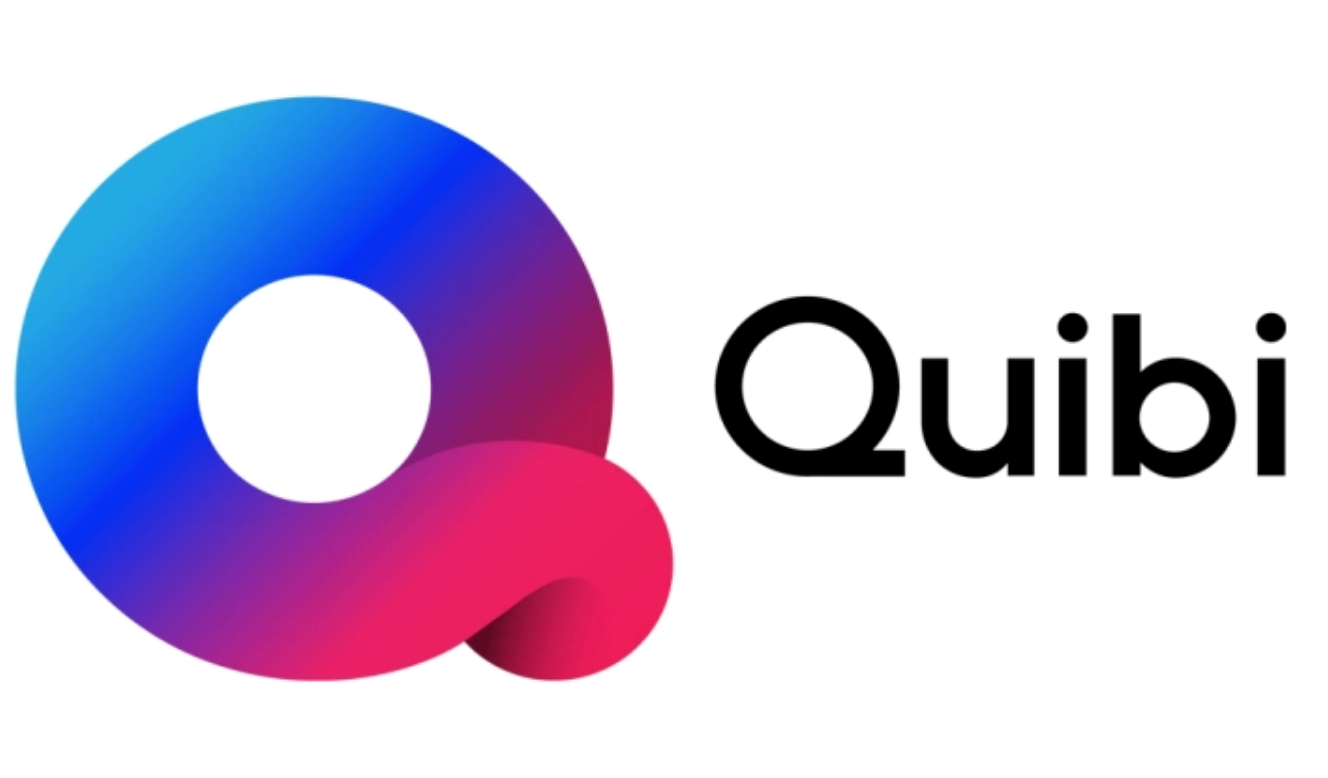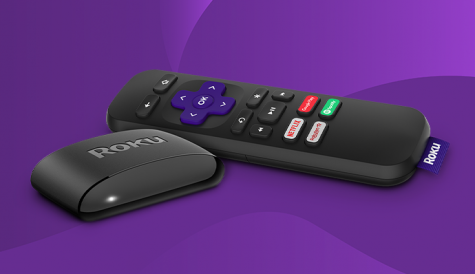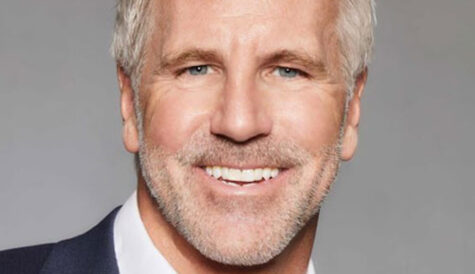Quibi shuts down after seven months

Short-form streamer Quibi is to shut down after just seven months on the market.
The big-budget platform which raised more than US$1.75 billion ahead of its April 6 launch, published a Medium post announcing the shuttering, confirming a handful of reports from the likes of The Information and The Wall Street Journal.
In the open letter addressed from founder Jeffrey Katzenberg and CEO Meg Whitman, the company confirmed that it is “winding down the business and looking to sell its content and technology assets,” and that it had “considered and exhausted every option available” to keep the streamer going.
The letter goes on to identify the timing of its launch or “because the idea itself wasn’t strong enough to justify a standalone streaming service” as the reason for failure, but it is likely a combination of the two.
Despite an initial launch window in which the app was downloaded by more than 2.7 million people, reactions to the service were lukewarm at best. The pandemic put Quibi in an unfavourable position, but a conversion rate of less than 10% from its free trial indicated that users were simply not interested in the platform and its content and that the coronavirus was being used as something of a smokescreen. Reports suggested that as little as 72,000 people were converted into paying subscribers at the end of its three-month trial.
The timing of Quibi’s launch not only coincided with the global coronavirus pandemic, but also with the meteoric rise of TikTok – which largely served the same function and for free.
The last roll of the dice for Quibi was the launch of CTV apps on Apple TV, Android TV and Fire TV, but that was evidently too little too late for the platform.
Recent reports suggested that Katzenberg, in an attempt to recover some of the massive amount of money which went into content and tech production, had been shopping some of Quibi’s content to the likes of NBCUniversal and Facebook.
Now that the streamer is officially shutting down, it seems a certainty that most of its big-budget shows like the Anna Kendrick-starring Dummy and the reboot of MTV’s iconic Punk’d will find homes on alternative platforms.
The letter to users and investors concludes on a dour note: “All that is left now is to offer a profound apology for disappointing you and, ultimately, for letting you down.”



